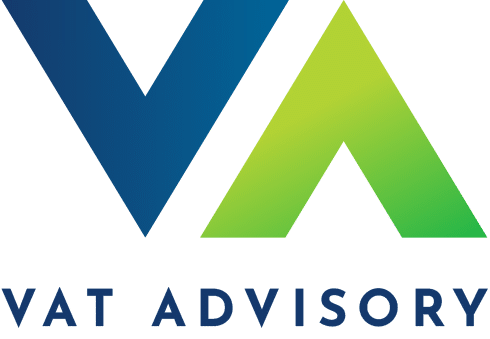Case Study: Non-EU Company Navigating Cross-Border VAT Compliance and Import VAT Recovery
Business Activities
- Imports and Cross-Border Transactions: A non-EU company engaged in importations in an EU country and aims to ensure compliance with EU VAT regulations, while seeking to recover paid Import VAT for past transactions.
Transaction Details
- The company conducted importations into an EU country in 2022 and 2023 under its EORI number.
- These goods were subsequently dispatched to another EU country, creating VAT reporting obligations both in the country of importation and the destination country.
- Import VAT was paid for several shipments in 2023, while an importation in 2022 was VAT-exempt.
Key VAT Challenges and Insights
1. Import VAT Refund Eligibility
A. Ineligibility for Alternative VAT Refund Methods
- The company is not eligible for VAT refunds under methods such as the 13th Directive, as the imports were conducted under the company’s EORI number in the EU country.
- Solution: The only method available to reclaim the Import VAT is to register retrospectively for VAT in the EU country and submit VAT returns for the relevant periods.
2. VAT Treatment and Reporting Obligations
A. VAT Registration in the EU Country
- Since the company was responsible for the imports into the EU country, it is required to register for VAT in that country.
- The company must report the Intra-Community Supply (ICS) and Acquisition (ICA) of goods from the country of importation to the destination country, which was previously unreported.
- Correction in the Destination Country: A correction needs to be filed in the destination country to report the relevant ICA transactions that have not been declared previously.
3. Recommended Actions for VAT Compliance and Refund Recovery
A. Register for VAT in the EU Country
- The company should register for VAT in the EU country with an effective date starting from the first importation date.
- Fiscal Representation: As a non-EU company, a Fiscal Representative must be appointed to act as a joint liability party for VAT obligations.
- Security Deposit: A minimum deposit will be required by the EU country’s tax authorities.
B. Retrospective VAT Returns
- Once VAT registration is completed, the company should file retrospective VAT returns to align with EU VAT regulations for the past importations and transactions in the EU country.
C. Correct ICA Reporting in the Destination Country
- The company must correct its ICA reporting in the destination country by submitting the missing returns for the applicable periods.
4. Alternatives After Regularizing VAT Situation
Once VAT obligations are brought up to date, the company can consider the following options:
A. Deregistration in the EU Country
- After fulfilling all VAT obligations, the company may explore deregistration from VAT in the EU country if no further business activities are planned.
- This would allow the company to handle future importations directly into the destination country, avoiding VAT obligations in the EU country.
B. Use of Importer of Record (IOR) Services
- To simplify future importations, the company can enter into an agreement with a logistics or courier company to act as the Importer of Record (IOR) for imports into the EU country.
- This would release the company from VAT obligations in the EU country and only require reporting in the destination country.
C. Maintain VAT Registration in the EU Country
- Alternatively, the company may choose to keep its VAT registration in the EU country. This would allow the company to continue business activities in the EU and within the EU countries, with the ability to claim Import VAT refunds as they occur.
Conclusion
This case study illustrates the complexities faced by a non-EU company engaging in cross-border trade and importations. By registering for VAT in the EU country, correcting past reporting discrepancies, and implementing a strategy for VAT compliance, the company can recover the paid Import VAT and streamline future operations. The company’s ability to explore various options, including deregistration or utilizing IOR services, will depend on its future business activities in the EU and the EU countries.
Need Assistance with VAT Registration and Compliance?
Our VAT advisory team can help your company navigate cross-border VAT challenges and ensure compliance with EU regulations. Reach out to us for expert advice on reclaiming Import VAT and maintaining VAT obligations!
